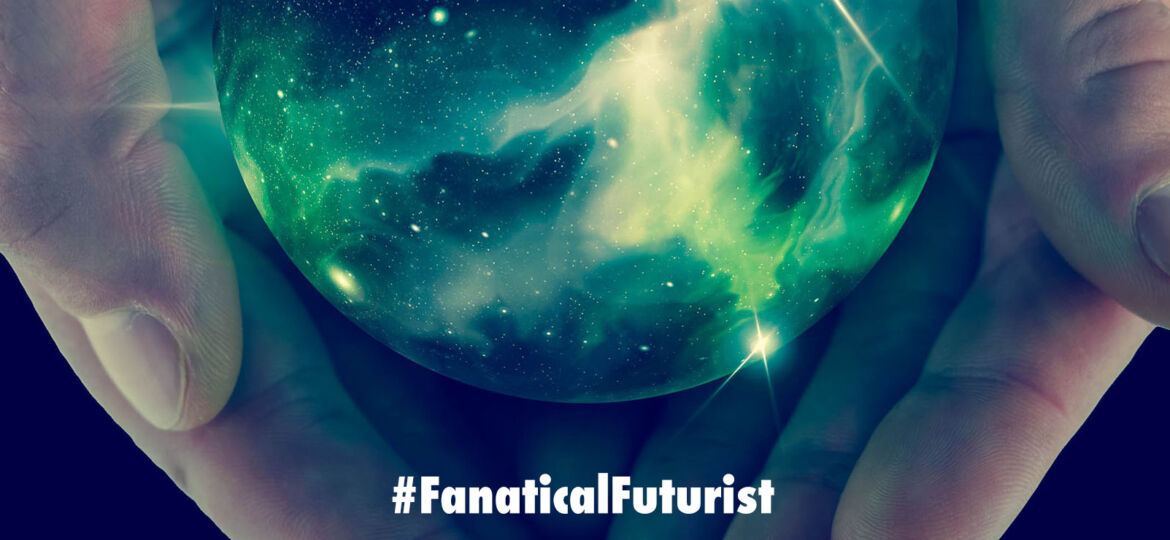
WHY THIS MATTERS IN BRIEF
Lots of people and companies want to be able to predict the future, for a whole variety of different reasons, so will this new approach work? Only time, ironically, will tell.
 Interested in the Exponential Future? Join our XPotential Community, future proof yourself with courses from our XPotential Academy, connect, watch a keynote, or browse my blog.
Interested in the Exponential Future? Join our XPotential Community, future proof yourself with courses from our XPotential Academy, connect, watch a keynote, or browse my blog.
DARPA recently unveiled a new Artificial Intelligence (AI) project to analyse and track “threats” at a global scale in order to predict future terrorist attacks and wars, and more, and now researchers from the University of Southern California’s (USC) Viterbi Information Sciences Institute (ISI) are working hard on being able to predict the future. Imagine knowing when an earthquake was going to hit a region a month in advance, or what the daily closing price of the Nikkei would be at the end of the week… or what route back from work was going to be clear on a Friday afternoon. Awesome.
Life would be a very different place, and that’s exactly what the USC team has been working on by combining AI and good old human predicting – like the kind I do.
Aram Galstyan and his team at USC ISI have been working on the Synergistic Anticipation of Geopolitical Events (SAGE) project for two years, in a way to predict the future without needing any of those know-it-all futurists that you seem to find lurking everywhere.
However, while the team is trying to make futurists redundant, until that day SAGE relies on human participants interacting with its machine learning tools to make predictions on future events. The aim, in the short term at least, is to make more accurate forecasts by combining AI and Human Intelligence (HI), instead of just relying on humans alone.
Largely, the project’s predictions so far have been on point. For instance, USC ISI’s research assistant Fred Morstatter said that non-experts made the correct predictions that in April North Korea would launch a missile test before July – they did so in May.
“Thanks to the machine models we have in our system,” Morstatter said. “Forecasters are doing better than the control system which only has human forecasters.”
The SAGE predictions appear to be working well so far, and the team has been able to show how machine intelligence and human decision-making can predict outcomes better than humans alone, but whether it will truly ever get to a point where it replaces human forecasters and futurists, well we’ll see – and we’ll give it a run for its money!
















